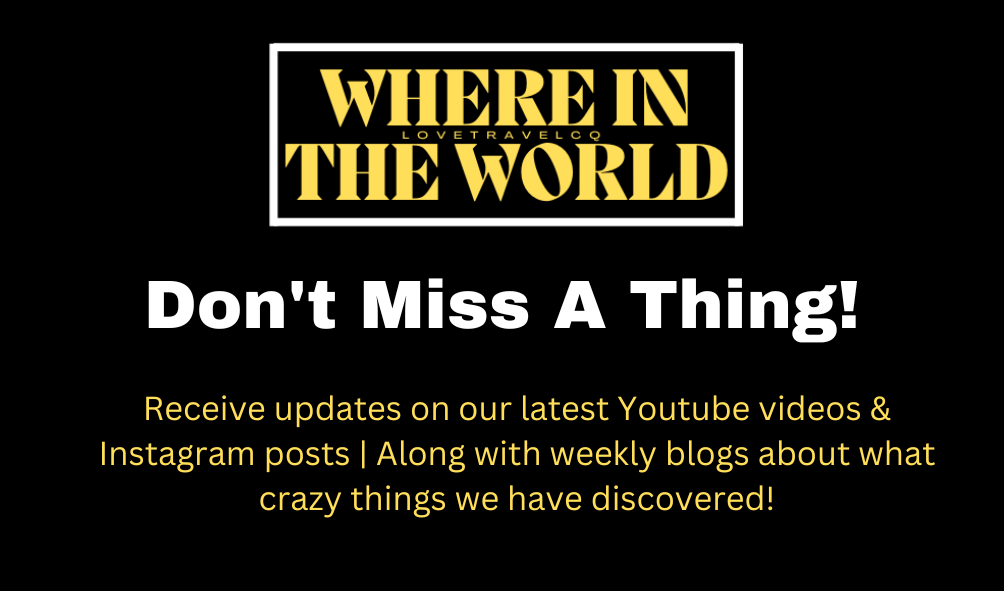LANGUAGE SPOKEN
Morocco is a country located in North Africa with a rich cultural heritage and a diverse population. The country has a long history of colonization and cultural exchange, resulting in a unique linguistic landscape that can be challenging for visitors, especially those who don’t speak Arabic or French.
The official language of Morocco is Arabic, which is spoken by the majority of the population. Moroccan Arabic, also known as Darija, is a distinct dialect of Arabic that has evolved over centuries and includes significant influences from other languages, such as Berber, French, and Spanish. However, there are also other languages spoken in Morocco, such as Berber, which is spoken in rural areas and by some urban populations, and French, which is widely spoken in business and government circles.
For British visitors to Morocco, communicating in Arabic may be a challenge, especially if they don’t have any prior experience with the language. While many Moroccans speak English, especially in tourist areas, speaking Arabic can be very helpful when traveling off the beaten path or interacting with locals. Fortunately, there are many resources available to learn Arabic, such as language schools, online courses, and language exchange programs.

Another language that can be helpful for British visitors is French. Many Moroccans speak French, especially in urban areas, and it is the language of business, government, and education. While it may not be as widely spoken as Arabic, knowing some French can be very helpful when navigating the country’s administrative systems or interacting with professionals.
Berber is another language spoken in Morocco, especially in rural areas. While it may not be necessary to learn Berber for basic communication, knowing some key phrases can be helpful when visiting rural communities or interacting with Berber-speaking locals.
In general, Moroccans are very welcoming and hospitable to visitors, and they appreciate it when foreigners make an effort to learn their language and culture. Even if your language skills are limited, using basic greetings and polite phrases can go a long way in establishing good relationships with locals.
If you’re planning a trip to Morocco and want to improve your language skills, there are many resources available to help you. Language schools, online courses, and language exchange programs are all great options for learning Arabic, French, or Berber. You can also practice your language skills by interacting with locals, watching TV shows or movies in the target language, or reading books and newspapers.
In addition to language skills, there are some cultural norms that are important to keep in mind when interacting with Moroccans. For example, it’s customary to greet people with a handshake or kiss on both cheeks, and it’s considered impolite to refuse an invitation to tea or a meal. It’s also important to dress modestly, especially when visiting religious sites or rural communities.
In conclusion, while communicating in Morocco can be challenging for British visitors, especially those who don’t speak Arabic or French, it’s certainly not impossible. Learning some basic phrases and cultural norms can go a long way in establishing good relationships with locals and making the most of your trip. Additionally, there are many resources available to help you improve your language skills, so don’t be afraid to dive in and start learning!
































